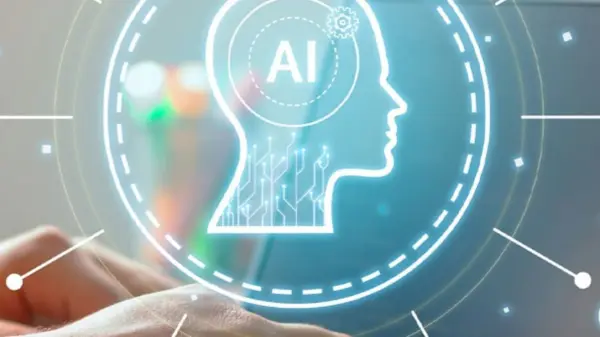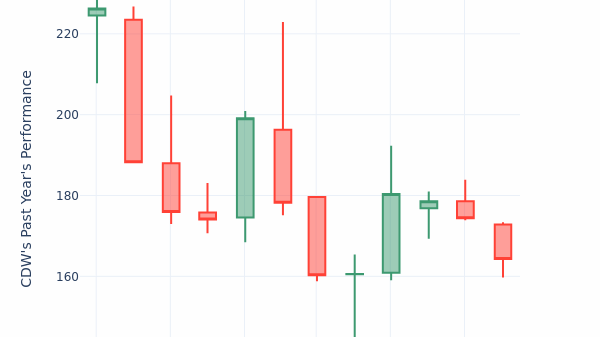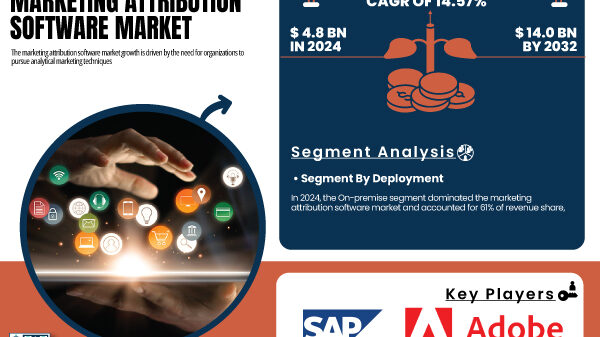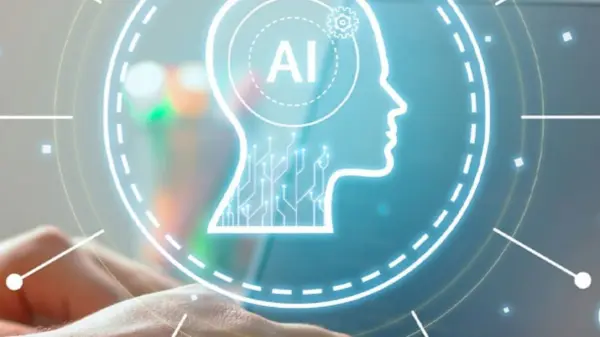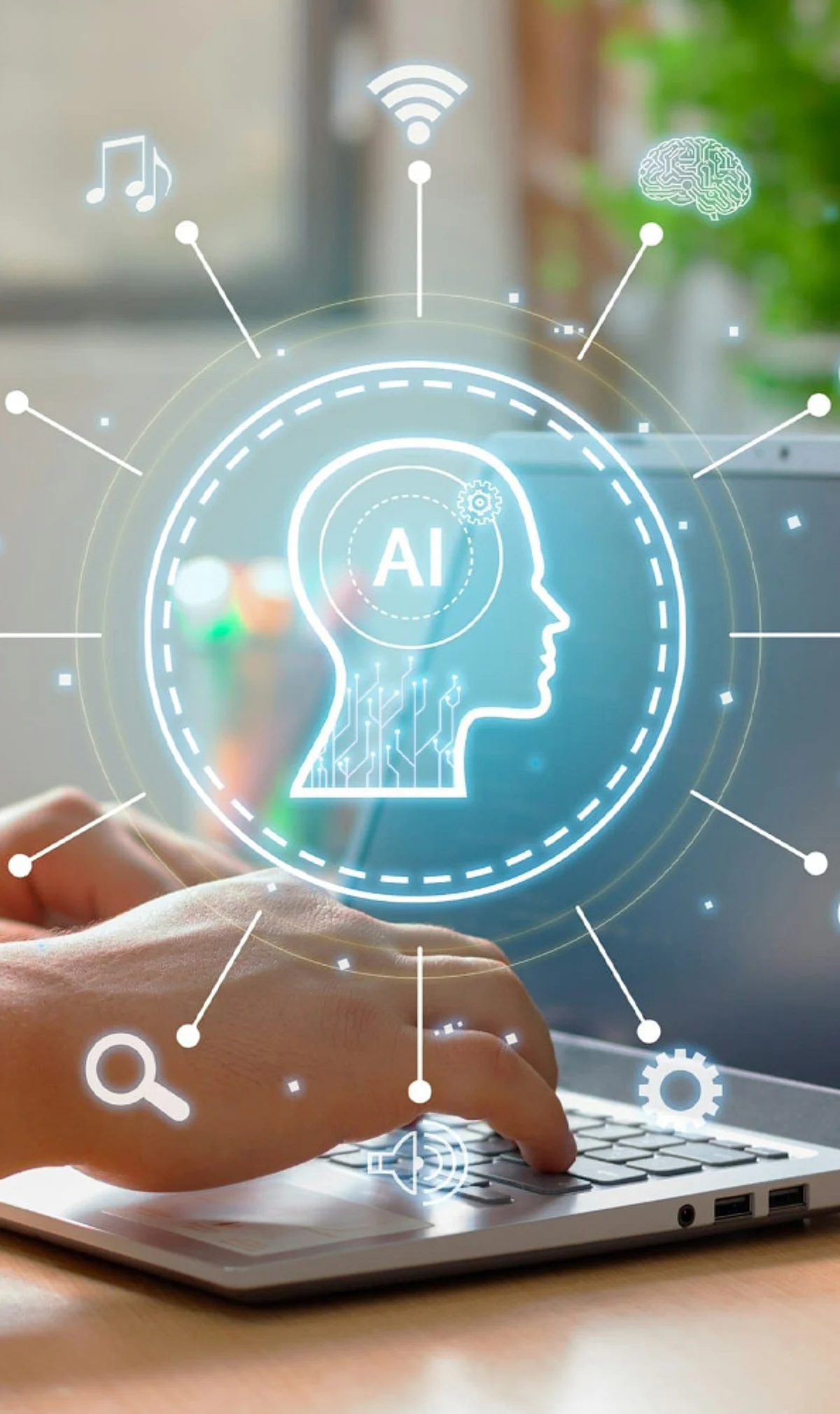Artificial Intelligence (AI) is poised to fundamentally alter the information technology (IT) landscape by 2025, introducing innovative solutions such as AIOps, edge computing, low-code platforms, and enhanced cybersecurity measures. These advancements are not only reshaping technological trends but also transforming how organizations operate and interact with their workforce.
The integration of AI into IT processes is expected to streamline operations significantly. AIOps, which leverages AI to manage IT operations, will play a critical role in automating routine tasks. This shift allows IT teams to focus on strategic initiatives rather than being bogged down by day-to-day maintenance. According to a recent report from Gartner, by 2025, AIOps will help reduce IT operational costs by up to 30%.
Emerging Technologies Fueling Change
One of the most significant developments is the rise of edge computing, which processes data closer to where it is generated rather than relying on centralized data centers. This technology is crucial for real-time data analysis and is especially beneficial for sectors such as healthcare and manufacturing. IDC has forecasted that the market for edge computing will reach $250 billion by 2025, driven by the increased demand for faster, more reliable services.
Low-code platforms are also gaining traction, enabling businesses to develop applications with minimal coding. This democratization of software development allows non-technical users to create solutions tailored to their needs. As organizations strive for agility, the global low-code development market is projected to exceed $27 billion in revenue by 2025, according to Forrester Research.
Cybersecurity remains a top priority as organizations adopt these new technologies. The rise of AI-powered cybersecurity measures is expected to enhance protection against increasingly sophisticated threats. A report from Cybersecurity Ventures indicates that global cybersecurity spending is set to surpass $1 trillion cumulatively from 2021 to 2025, emphasizing the critical need for robust defenses in the digital age.
The Role of Quantum AI
Another exciting frontier is quantum AI, which combines quantum computing with artificial intelligence to solve complex problems at unprecedented speeds. Organizations such as IBM and Google are investing heavily in this area, anticipating breakthroughs that could revolutionize industries like pharmaceuticals and finance. By 2025, the quantum AI market could be valued at over $8 billion, according to a report by MarketsandMarkets.
As these technologies evolve, the implications for the future of work are profound. AI-driven tools are anticipated to enhance productivity, allowing for more flexible work environments. This shift may lead to the emergence of hybrid workforce models, where remote and on-site employees collaborate seamlessly.
In conclusion, the transformative impact of AI on the IT sector is undeniable. By 2025, technologies like AIOps, edge computing, low-code platforms, and quantum AI will not only redefine how businesses operate but also create new opportunities for innovation and growth. Organizations that embrace these changes will be better positioned to thrive in an increasingly competitive global market.
















